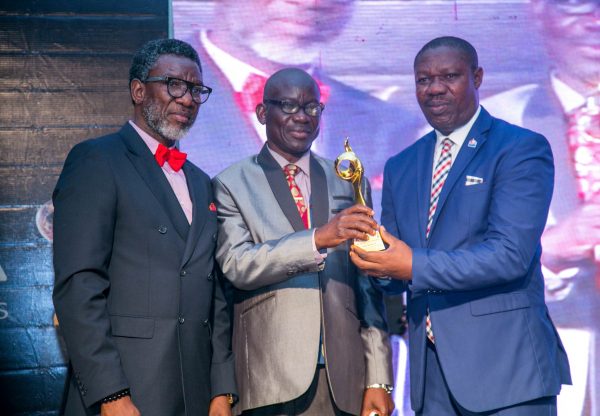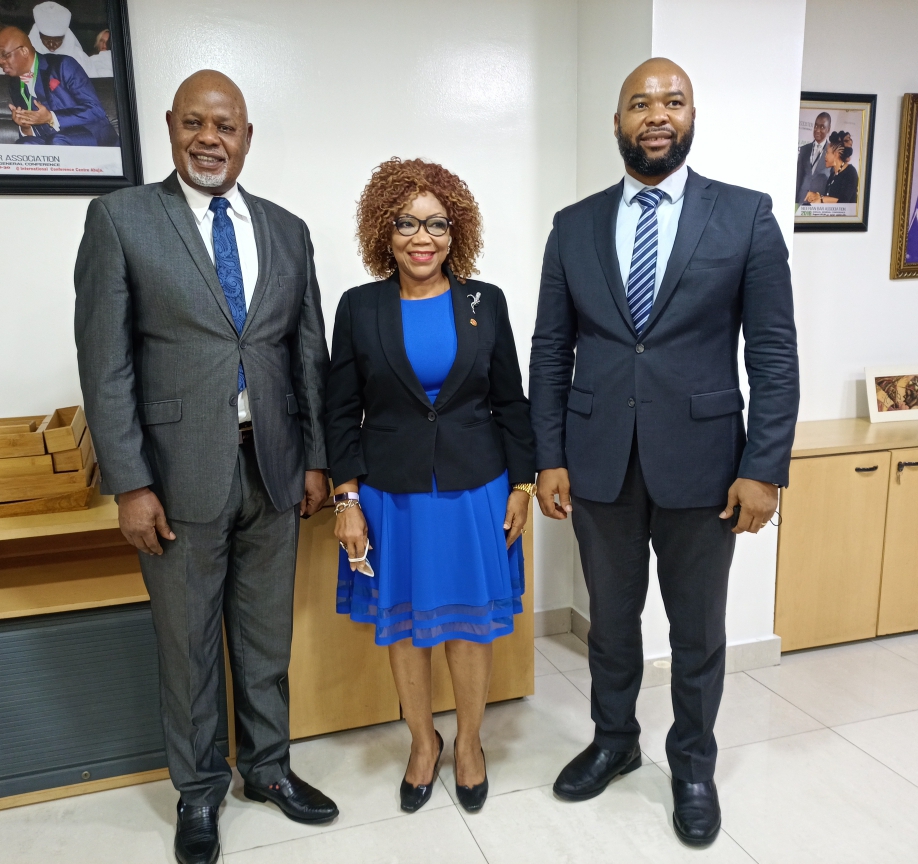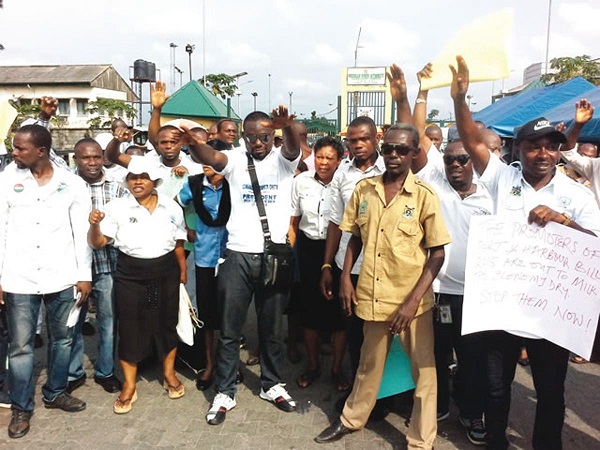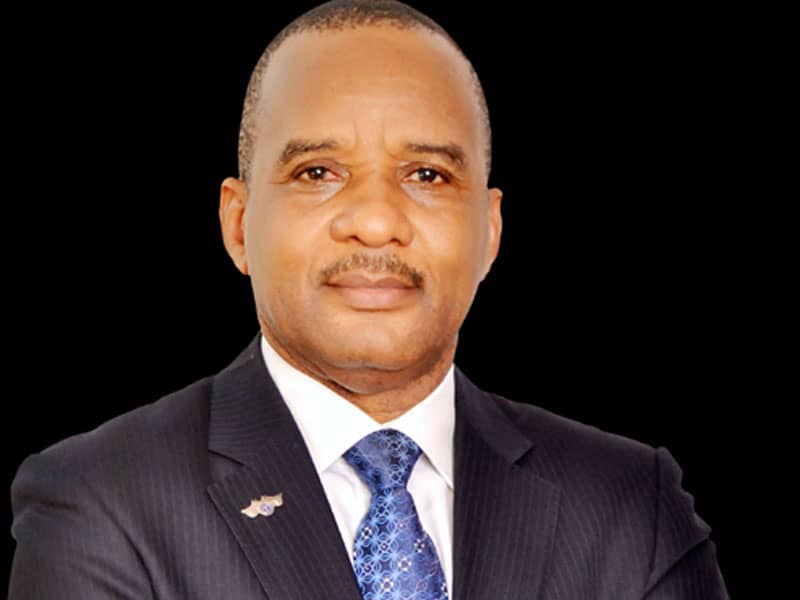Calabar port yearns for container vessels, groans under draft limitations
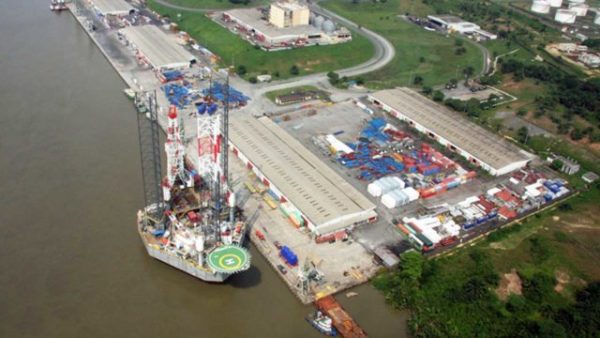
Stakeholders in one of Nigeria’s major seaports, the Calabar Port, Cross River State, has again cried out for urgent attention from the Nigerian Ports Authority (NPA), following many years of neglect.
The port, which lies 45 nautical mile (about 84km) upstream from fairway buoy is currently yearning for a deeper draft that would enable it attract bigger container vessels and earn more revenue for the Federal Government. The media gathered that the port currently generates over N12 billion yearly into the Federal Government coffers, but it has continued to suffer from shallow water channel, upon a dredging plan estimated at about N50 billion.
Managing Director, NPA, Hadiza Bala Usman, had in September last year, assured of the Authority’s commitment to making the Calabar Port vibrant, but the terminal operators are currently groaning under low cargo throughput, even as the container liners have shunned the port due to shallow water channel. Managing Director and Chief Executive Officer, Ecomarine Terminals Limited, Adedayo Moruf Balogun, told The Guardian in an interview that: “Today, no container line calls at Calabar Port in spite of its captive market, availability of opportunities, proximity, inherent benefits and advantages that the Calabar Port enjoys,”
He said shallow draft challenges have adversely affected the port, which has the proximity to the 16 northern states, some eastern markets, and the landlocked country of Niger Republic.“Calabar Port is strategically located to serve as a hub for the landlocked country of Niger, because Calabar is closer to Niger than Cotonou that Niger is currently using as a hub. Why can’t we develop Calabar Port to serve as hub for Niger Republic?
Calabar Port is the nearest port to the 16 northern states, but today, the port of Douala is servicing the North Eastern part of Nigeria, which is supposed to be a captive market for Nigeria, if Calabar port was well developed. The question is, why have we not developed Calabar Port to a level of draft that it can serve as a hub?” he asked.Balogun said the port has not been dredged to the fulfillment of the concession agreement signed about 12 years ago with the NPA.
“We need between 10 – 13 meters to attract bigger vessels, but the draft of Calabar Port is currently 5.4 meters and 6.4 meters at high tide. The concession agreement signed about 12 years ago required NPA to dredge Calabar channel to an advertised draft of 10 meters.“The critical factor that is affecting the port today is the shallow draft of the channel. Imagine, if the port is dredged, even to 10 meters, it will be a big relief to importers from the entire northern states, and customers from the eastern market because of the proximity of Calabar to those regions,” he said.
The industry guru bemoaned the high cost of shipping in Nigerian ports, linking it to the over-concentration on Lagos ports, multiplicity of government agencies at the ports, bad roads, and Customs excesses and a host of others.He enjoined the government to open up the Eastern ports for business through proper dredging and good policies that will attract investments in port infrastructure.
“You can imagine if you have to pay more to move your container from Lagos to Kano than what you will pay to freight the same container from China to Lagos. It is an aberration. Why will somebody take a cargo that is destined for the North-East to Douala Port, when the same cargo can be taken through Calabar to the North-East, which is closer? It is the same thing in Port Harcourt and Warri ports.
“Basically, the government needs to do something urgently. It is no rocket science; we must have a development plan for Nigerian ports. We must look at the potential opportunities of the ports, in terms of their captive markets, and the required draft, and we must be able to respond positively to the dynamics of the shipping industry,” he said.
On the planned review of the concession agreement, Balogun applauded the Managing Director of NPA, Hadiza Bala Usman for her courage to take up the exercise. However, he maintained that new regime should reflect fairness, equity and justice in the entire operation of the concession regime.He called for the urgent establishment of National Transport Commission, which is expected to serve as the umpire to oversee the relationship between the lessor (NPA) and lessee (the concessionaires) in the concession agreement.
“The concession agreement gave responsibilities and obligations to both the lessor and the lessee, but it easier for NPA as a lessor to have a monitoring and compliance unit to visit the ports and evaluate the extent of the compliance of concessionaires, but who monitors and evaluates the performance of NPA? Nobody. So, the absence of a neutral umpire makes it difficult for concessionaires not to be agitated about fairness, equity and justice in the entire operation of the concession regime. It is the duty of the authorities to ensure the emergence of NTC to ensure the oversight function on the entire concession regime and ensure that it is properly implemented to the benefit of the national economy” he said.
President of the Cross Rivers State Shippers Association, Michael Ogodo, said the port is mainly doing liquid cargo, which has had little impact on the state’s economy.He said the attraction of container liners is paramount for the seaport to live up to expectations and enhance the well being of the indigenes.
“The kind of cargo they are doing in Calabar now is more of petroleum products. We do not have any regular scheduled cargo liner that is coming here. We don’t have it and that is what our clients, both exporters and importers are talking about. With the importation of this product, the tank farm owners are expanding their facilities; they are building more tank farms. I feel very sad because they do not add value to the local economy here,” he said. Ogbodo urged the NPA to embark on dredging of the port, and create more conducive business environment that would encourage shippers and liners to patronise the port.



